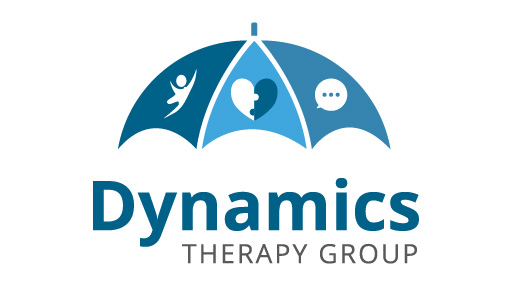
Speech and language therapists are trained to assess individuals with dysphagia (i.e. swallowing difficulties) and make recommendations to improve swallowing safely and improve quality of life.
During the assessment, the speech and language therapist will:
- · Review the client’s medical conditions in relation to swallowing
- · Assess the strength and movement of the muscles involved in swallowing
- · Observe posture, feeding behaviour and swallowing movements while the client eats and drinks
- · Assess and diagnose any impairments in swallowing function
- · Determine the safety and effectiveness of current nutritional intake, texture modification and feeding strategies
At times, the speech and language therapist may also recommend further instrumental assessments such as
- · Videofluoroscopic swallowing study (VFSS): an assessment where the swallowing process is viewed on X-ray
- · Flexible endoscopic examination of swallow (FEES): an assessment where a flexible scope with a camera is inserted through the nose to observe the swallowing process
Based on the assessment findings and each client’s individual needs, the speech and language therapist will recommend interventions and strategies. Some of the interventions include:
- · Swallow rehabilitation
- · Modifying food textures and fluid consistencies
- · Postural adjustments while eating/drinking
- · Safe feeding techniques
- · Caregiver training
If medical or surgical intervention is required to treat client’s swallowing difficulties, the speech and language therapist will work closely with the client’s physician or surgeon to advocate for the client’s needs.
In some situations, where eating and drinking through the mouth is not advisable due to a severe swallowing impairment, the speech and language therapist may recommend alternative feeding methods or routes such as a Nasogastric Tube (NGT) or a Percutaneous Endoscopic Gastrotomy (PEG). In such situations, there is usually a high risk of food or liquids entering the lungs, malnutrition or dehydration. A client who needs alternative feeding routes will need to be reviewed by their primary physician for feeding tube insertion. A dietitian will also need to be involved to provide nutritional support.
Speak to your speech and language therapist to find out about the most appropriate recommendations to help you with your swallowing difficulties.
Author: M Dharshini, Speech Therapist




